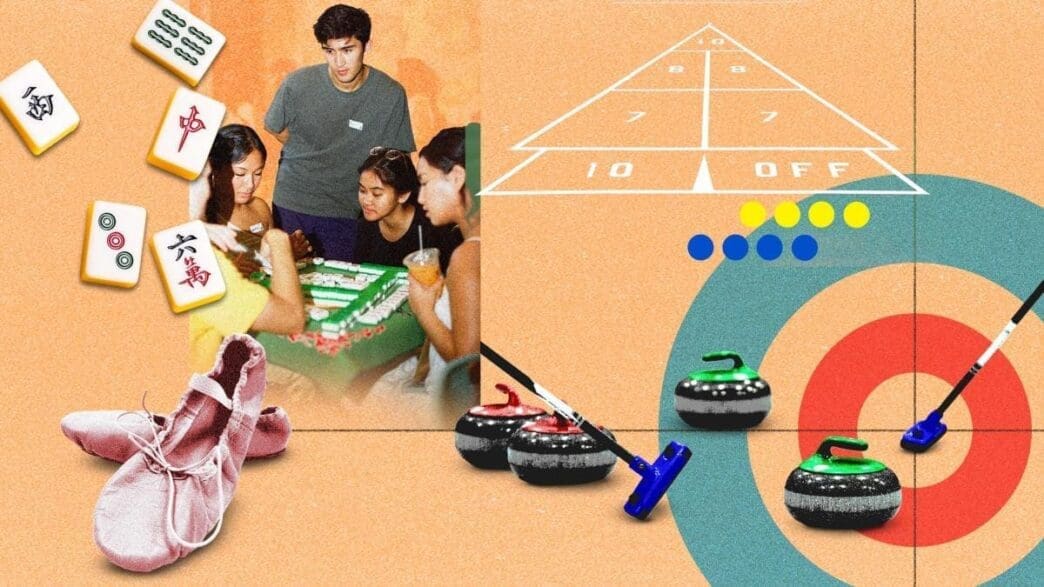Carlyn and her husband only picked up curling last fall, but this icy sport has since become a pivotal part of their lives. Joining a curling club in Philadelphia, along with her father and stepmother, they discovered more than just a Sunday evening game.
Curling, for Carlyn, goes beyond the thrill of sliding stones across ice. It’s a gateway to a community where age is just a number. She shares, “One-third of the club is my age (30s), about one-third are in their 40s and 50s, and at least one-third are 60+, with some members in their 80s.” This diversity is part of what makes these clubs so engaging. They transcend typical social boundaries, offering a space purely for the enjoyment of the activity.
Amid a declared “loneliness epidemic,” adults in the U.S. are seeking out activity clubs to forge meaningful connections. Licensed counselor Danielle Tucci notes, “I often hear about the desire for more friendships, but people are unsure where to begin.” Social clubs provide an easy entry point to community and camaraderie.
Adulting often sidetracks us from forming connections, yet social clubs like those for curling, mahjong, and shuffleboard, have become a beacon for adults seeking social interaction. Jen Jones Donatelli, founder of Creative Groove, emphasizes that these clubs “do the heavy lifting by setting up the structure and space for activities.” You just need to make the time to participate.
Sarah Teng, alongside three friends, founded the Green Tile Social Club for mahjong enthusiasts in New York City. With over 12,000 Instagram followers and 40 successful events, it’s a testament to how such clubs can draw thousands, forming new friendships, roommate pairings, and even romantic relationships.
In Madison, Wisconsin, a shuffleboard club member named Jinda highlights the positive impact on mental health. They share, “It’s been really helpful to have the league and getting together with friends as something to genuinely look forward to every week.” It’s more than a game; it’s a weekly anchor for emotional well-being.
Ballet clubs also offer a less conventional but equally valuable space. Christina, another club enthusiast, finds joy in disconnecting from technology and immersing herself in ballet. “It’s been amazing to reconnect with my body,” she says, appreciating both the meditative and social aspects of her regular dance classes.
Tucci points out that these clubs serve as more than just a temporary escape. They provide ongoing benefits for mental and physical health. “Social connectedness is a protective factor,” she explains, helping combat the isolation many adults face today.
Teng reflects on her experience with Green Tile Social Club, noting a personal enrichment alongside community building. For her, the club is a blend of cultural connection and genuine friendship, reinforcing the idea that these spaces are about more than just the activities—they’re about belonging.
Meanwhile, Carlyn and her husband have taken their newfound passion for curling beyond their local club, attending a curling camp in Montreal. “We got to learn from some of the top Canadian curlers,” she remarks, highlighting how hobbies can expand horizons and forge deeper bonds.
In an era where loneliness is rife, adult social clubs offer a much-needed remedy. They are venues for fun, friendship, and a sense of community that transcends everyday life. It’s clear that these clubs do more than fill an empty calendar—they enrich lives, foster connections, and nurture well-being.
Source: Yahoo







